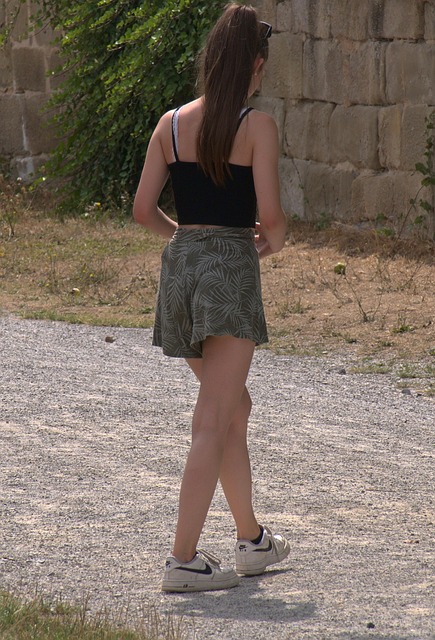Recent Teen Challenge lawsuits reveal serious allegations of abuse and misconduct within Christian youth programs, prompting an examination of their strict environment. Victims seek justice, accountability, and healing from trauma, impacting their lives and families. Legal actions aim to expose systemic issues and protect future participants, with collective efforts amplifying victim voices against potential risks in Teen Challenge lawsuits.
“Justice for victims of Teen Challenge lawsuits has become a pressing issue, drawing attention to the potential harm caused by religious organizations’ controversial rehabilitation programs. This article aims to shed light on Understanding Teen Challenge Lawsuits through a deep dive into recent cases. We explore The Impact on Victims and Their Families, highlighting the emotional and psychological scars left behind. Additionally, we examine Seeking Justice: Legal Paths and Opportunities, providing insights into how affected individuals can pursue legal redress and find closure.”
- Understanding Teen Challenge Lawsuits: A Deep Dive
- The Impact on Victims and Their Families
- Seeking Justice: Legal Paths and Opportunities
Understanding Teen Challenge Lawsuits: A Deep Dive

Teen Challenge lawsuits have gained significant attention in recent years, shedding light on alleged abuse and misconduct within the organization. These legal actions are brought forth by individuals who claim to have suffered physical, emotional, or psychological harm while participating in Teen Challenge programs. The suits often detail instances of extreme discipline, sexual abuse, or other forms of mistreatment, seeking justice and compensation for the victims.
Understanding these lawsuits requires a deep dive into the structure and operations of Teen Challenge, a Christian-based youth ministry with a history spanning several decades. As an organization that promises personal transformation through challenges and mentorship, it has attracted countless teens and young adults worldwide. However, critics argue that the strict and often isolated environment can lead to harmful consequences for vulnerable individuals. By examining the allegations in these lawsuits, we aim to uncover potential systemic issues within Teen Challenge and advocate for greater accountability to ensure the safety of future participants.
The Impact on Victims and Their Families

The impact of a Teen Challenge lawsuit extends far beyond the legal realm, delving deeply into the lives of victims and their families. Those who have endured abuse within these programs often suffer from profound emotional and psychological trauma. This can manifest in various ways, such as anxiety, depression, post-traumatic stress disorder (PTSD), and a sense of betrayal, all of which significantly affect daily functioning and overall quality of life.
Victims may struggle with rebuilding trust in authority figures and experiencing fear or avoidance when facing similar institutions or situations. The support system plays a crucial role in their recovery, offering both emotional comfort and practical assistance during this challenging period. Family members often find themselves navigating uncharted territory, grappling with the aftermath of these revelations while attempting to provide solace and guidance to their affected loved ones.
Seeking Justice: Legal Paths and Opportunities

Victims of Teen Challenge lawsuits are often on a quest for both accountability and justice. Seeking justice means navigating a legal system that can be complex, but it’s crucial for holding accountable those who may have contributed to their harm. Legal paths include civil litigation against organizations or individuals responsible, aiming to secure compensation for damages suffered. These suits can shed light on systemic issues within Teen Challenge programs, creating opportunities for change and preventing future abuses.
The legal landscape offers various strategies, such as collective actions or individual claims, allowing victims to unite and amplify their voices. This collective approach can lead to significant outcomes, ensuring that justice is not only served but also provides a platform for raising awareness about potential risks within Teen Challenge programs. Effective legal representation and advocacy are key to achieving these goals.
In light of the above, it’s clear that the Teen Challenge lawsuits highlight a critical need for accountability and justice. By understanding the impact on victims and exploring legal paths to seek redress, we can ensure that those harmed by these programs receive the support and compensation they deserve. Awareness and action are pivotal in holding organizations accountable and preventing similar tragedies in the future.
